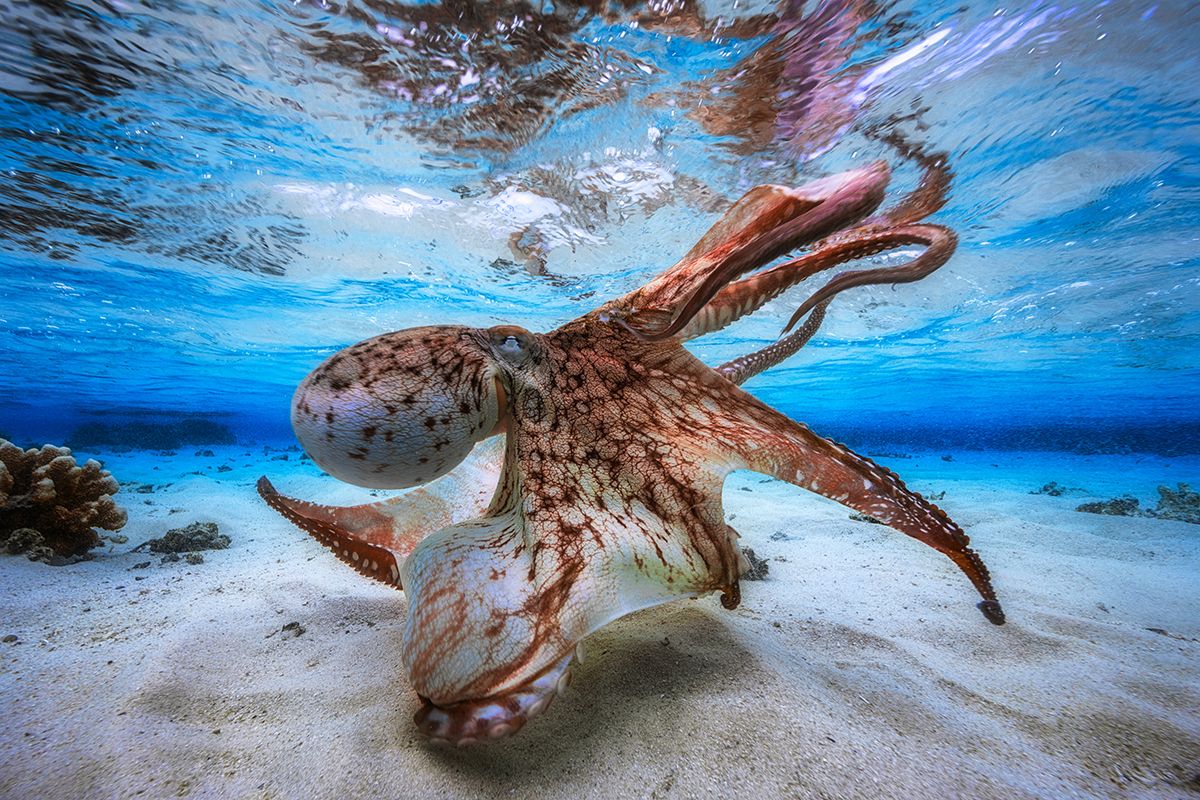Course Syllabus

Course Description:
This course will provide a survey of biological principles with an emphasis on humans, including evolution, ecology, plant and animal diversity, and physiology. Laboratory activities will reinforce a survey of biological principles with an emphasis on humans, including evolution, ecology, plant and animal diversity, and physiology.
Student Learning Outcomes:
Describe modern evolutionary synthesis, natural selection, population genetics, micro and macroevolution, and speciation.
Describe phylogenetic relationships and classification schemes.
Identify the major phyla of life with an emphasis on plants and animals, including the basis for classification, structural and physiological adaptations, evolutionary history, and ecological significance.
Describe basic animal physiology and homeostasis as maintained by organ systems.
Compare different sexual and asexual life cycles noting their adaptive advantages.
Illustrate the relationship between major geologic change, extinctions, and evolutionary trends
Apply scientific reasoning to investigate questions and utilize scientific tools such as microscopes and laboratory equipment to collect and analyze data.
Use critical thinking and scientific problem-solving to make informed decisions in the laboratory.
Communicate effectively the results of scientific investigations
Course Content (Lecture and Lab):
- Mechanisms of Evolutionary change: Natural Selection, Genetic Drift, Gene Flow, and Mutation, and Nonrandom Mating
- Population genetics
- Speciation and Extinction
- Overview of the tree of life
- Phylogeny/Evolutionary History of major taxa
- Systematics and Taxonomy: Classification schemes
- Prokaryotes
- Protists
- Fungi
- Survey of animal phyla
- Survey of plant phyla
- Animal Systems Structure: Anatomy
- Animal Systems Function: Physiology
- Plant systems structure: anatomy
- Plant systems function: physiology
- Animal Development and life cycles
- Plant development and life cycles
- Ecosystem diversity (Biomes)
- Ecosystems ecology: Trophic structure
- Energy flow
- Nutrient cycling and ecosystem integrity
Textbook:
Your textbook for this class is available for free online!
Concepts of Biology from OpenStax, ISBN 1-947172-03-4
You have several options to obtain this book:
You can use whichever formats you want. Web view is recommended -- the responsive design works seamlessly on any device.
Grading:
You will have Discussion Boards (DB), Lecture Assignments, Lecture Exams, and Lab Assignments. Your grade will be calculated as follows:
50% Lecture Exam Average (~5 Exams or Projects)
30% Lab Assignment Average (~11 Assignments)
5% Discussion Board Average (To Be Determined)
15% Lecture Assignment Average (To Be Determined)
You will have DBs, labs - assignments, lecture assignments, and a lecture exam in each module.
A=(90-100%), B=(80-89%), C=(70-79%), D=(60-69%), F=(0-59%)
If you ever have questions about where you stand in the course or about a grade, give me a call, schedule a virtual meeting, or email me so that we can discuss your grade. Make sure that you monitor the class multiple times per week so that you do not miss any deadlines!
Important Notes:
- All first week assignments need to be completed and submitted by the due date to avoid possibly being dropped from the class.
- Midland College provides services for students with disabilities through Student
Services. In order to receive accommodations, students must visit
www.midland.edu/accommodation and complete the Application for Accommodation
Services located under the Apply for Accommodations tab. Services or accommodations are not automatic, each student must apply and be approved to receive them. All documentation submitted will be reviewed and a “Notice of Accommodations” letter will be sent to instructors outlining any reasonable accommodations. All information will remain confidential. - Non-Discrimination Statement
Midland College does not discriminate on the basis of race, color, national origin, sex,
disability or age in its programs and activities. The following individual has been
designated to handle inquiries regarding the non-discrimination policies:
Tana Baker
Title IX Coordinator/Compliance Officer
3600 N. Garfield, SSC 131
Midland, Texas 79705
(432) 685-4781
tbaker@midland.edu
For further information on notice of non-discrimination, visit the ED.gov Office of Civil
Rights website, or call 1 (800) 421-3481 - Academic dishonesty and plagiarism will result in a failing grade on the assignment. Using someone else's ideas or phrasing and representing those ideas or phrasing as our own, either on purpose or through carelessness, is a serious offense known as plagiarism. "Ideas or phrasing" includes written or spoken material, from whole papers and paragraphs to sentences, and, indeed, phrases but it also includes statistics, lab results, art work, etc. Please see the Midland College Catalog and Student Handbook for policies regarding plagiarism, harassment, etc. Midland College Scholastic Dishonesty and Academic Misconduct
- For information about student support and academic services - including mental health, the Learning Resource Center, testing services refer to this link http://catalog.midland.edu/content.php?catoid=13&navoid=2306
- Core Objectives:
This course fulfills four hours of the Life and Physical Science requirement in the
Midland College Core Curriculum. The Core Curriculum is a set of courses that
provide students with a foundation of knowledge, skills and educational experiences
that are essential for all learning. The URL for the Core Curriculum is available in the
Midland College Catalog. As part of the core, this course addresses the following four
objectives:
Critical thinking skills – Students will demonstrate critical thinking by comparing
and contrasting the major phyla, divisions, and clades of life using instructor
created proctored exams and embedded departmental exam questions and lab
practical exams.
Communication skills – Students will demonstrate communication skills in
written, oral, and visual form within the classroom setting through instructor
posed questions, collaborative assignments, and exams.
Empirical and Quantitative skills – Students will demonstrate empirical and
quantitative skills by analyzing population genetic data and testing hypotheses
utilizing the scientific method through course assignments, exams, and lab
activities.
Teamwork – Students will demonstrate teamwork skills by functioning as
collaborative and cooperative small groups through the dissection of specimens
and other lab activities verified by submitted reports, weekly quizzes, and/or
visual confirmation by the instructor